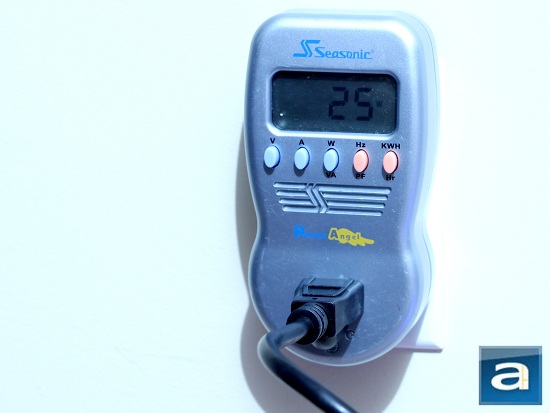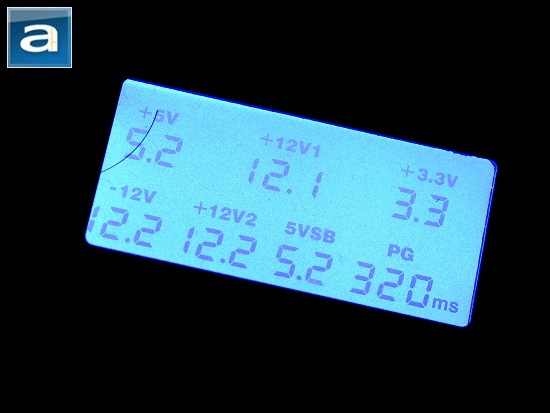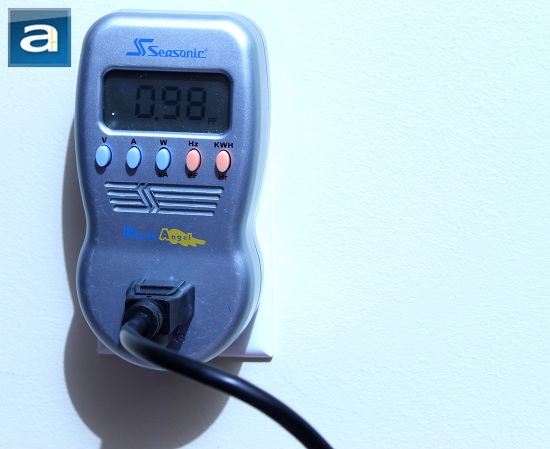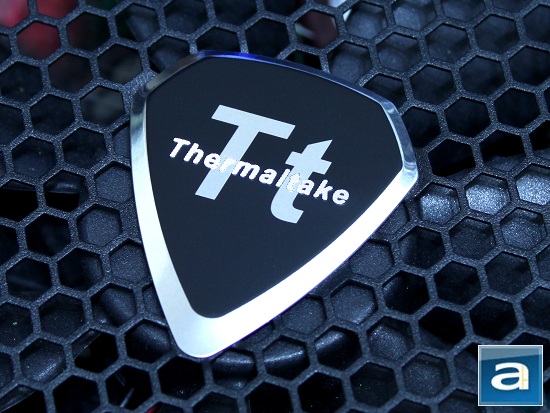Page 4 - Minor Tests and Conclusion
Power supplies are interesting products -- because often, reviews of products in this category are conducted and tested in methods that make it difficult to distinguish one power supply from another. Many aspects have to be taken into consideration -- of which certain criteria consists of efficiency, noise, power ripples, and of course the ability to pull out the rated specifications. Because many cannot afford such equipment to obtain results regarding those aspects, articles covering power supplies often come out with less than adequate and acceptable information. As this is a product report -- not a review -- what we are doing is a close examination of the power supply, and the internal hardware and build. But what we can do for you is do some minor testing with the results we can present to you with, and let other review sites with professional equipment show you the actual test results. We're not going to try to BS you by installing the power supply into the latest gaming rig and try to take readings from that, as this is not even remotely the correct way to test power supply units. We understand that many websites do that as a means of load testing, but the results, even if you use an oscilloscope and multimeter at each output location, it is not sufficient, nor does it accurately reflect the performance of the power supply.


Using our power supply tester which exerts minimal load on the power supply, the initial consumption was 25W measured by our wall meter unit, meaning that the basic load-free power consumption of the power supply is quite a bit higher than average. The lowest we've seen is the Seasonic M12II 500W at 8W, but that is a lower wattage power supply. For reference, however, the Cooler Master Silent Pro M 1000W that recently passed by APH Networks also has a minimum power draw of 8W. Reviews from other websites with professional load testing equipment showed that the Toughpower Grand is proficient in efficiency, voltage regulation, and ripple across the board. Objectively speaking, with its 80 Plus Gold certified badge, this value is not much of a concern for anyone.
Generally, voltages with minimal load are pretty darn accurate, which is a basic requirement of power supplies out of the box. The PG (Power Good) delay is within range and standard of 320ms.

Active power correction is important to correct AC load line loss. In AC power, there are three components to it; as there is a phase difference between current and voltage. This makes up the power triangle, which consists of the following: Average usable power (P, measured in watts), reactive power (Q, denoted as VA-R), and total power (S, written as VA). While they all have the same physical units, it is not the same thing as aforementioned. What we want is the average usable power -- with as little wasted reactive power as possible. The total power provided over the AC line is the magnitude of the two combined (sqrt(P^2+Q^2)). Power factor can then be easily calculated by P/S. The ideal value is 1.00, and this is where active PFC comes in. A nominal load of 237W (~30%) on the Thermaltake Toughpower Grand 750W had the power factor between 0.97 and 0.99, but consistently stayed at 0.98. As the load increases, the PF should approach 0.99.
The final category of the Thermaltake Toughpower Grand 750W is the noise category. While this is very subjective, I am quite picky on noise and the loudest component in my system is my hard disk and 200mm chassis fans. On a scale from 0-10 where 0 is silent and 10 is the loudest, I would rate the Thermaltake Toughpower Grand 750W to be at 3.5/10 acoustically under nominal loads. The motor runs smoothly, but occasionally you might hear some light clicking sounds. At a distance of one meter, it is a bit louder than expected. It should be safe to say that once it hits approximately 50%-60% of its maximum capacity, the fan will spin faster, resulting in some turbulence noise. Judging by its internal design in conjunction with the relatively quiet fan motor, this should not be too much of a concern, since other fans in your system will be able to spin faster to take care of the heat as well. Most people won't have a computer that uses that much power anyways, especially in idle conditions. Overall, in terms of noise, the Thermaltake Toughpower Grand 750W is okay, but not exactly quiet PC enthusiast grade.

Thermaltake provided this product to APH Networks to facilitate this report.

The Thermaltake Toughpower Grand 750W is a great looking modular power supply, both inside and out. From its pleasing external design to top notch selection of components inside, it is quite a deal for $120 MSRP at press time. From our affiliates who own professional load testing equipment, this is no doubt a solid unit that delivers excellent voltage regulation and efficient performance. In the end, there isn't much to complain about -- because there isn't much you can actually complain about!
Do you have any comments or questions about the Thermaltake Toughpower Grand 750W? Drop by our Forums. Registration is free, and it only takes a minute!
Page Index
1. Introduction, Packaging, Specifications
2. Physical Look - Outside
3. Physical Look - Inside
4. Minor Tests and Conclusion





